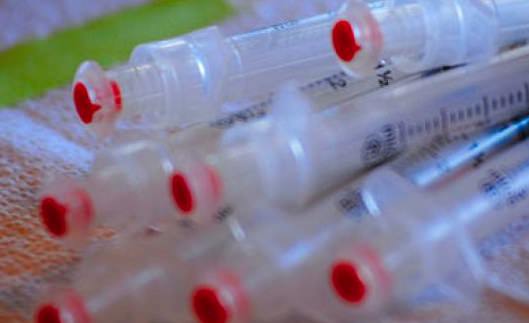The US Food and Drug Administration (FDA) has approved the first US facility that can make cell-culture influenza vaccines, a Novartis plant in Holly Springs, N.C., that has been part of federal government efforts to prepare for a pandemic and to sidestep some limits of egg-based flu vaccine technology.
Novartis uses cell-culture technology to produce Flucelvax (influenza virus vaccine), the first FDA-approved seasonal influenza vaccine not manufactured with chicken eggs. Cell-culture technology offers several potential benefits over traditional influenza vaccine production in chicken eggs, Novartis reports. The manufacturing process can be controlled more easily and is more flexible, enabling the potential to scale up production quickly to develop large quantities of vaccines in the event of a pandemic.
Using the cell-culture technology, Novartis has developed a vaccine candidate for the H7N9 avian influenza virus, which was first reported in China in March 2013. This facility supplied a stockpile of H7N9 vaccine to the US government prior to the second wave of the outbreak in January 2014.
The Holly Springs facility is a result of a joint partnership between Novartis and the US Department of Health and Human Services, Biomedical Advanced Research and Development Authority (HHS, BARDA). The facility was the overall winner of the ISPE Facility of the Year Award in 2013.
Agencies/Canadajournal
 Canada Journal – News of the World Articles and videos to bring you the biggest Canadian news stories from across the country every day
Canada Journal – News of the World Articles and videos to bring you the biggest Canadian news stories from across the country every day



